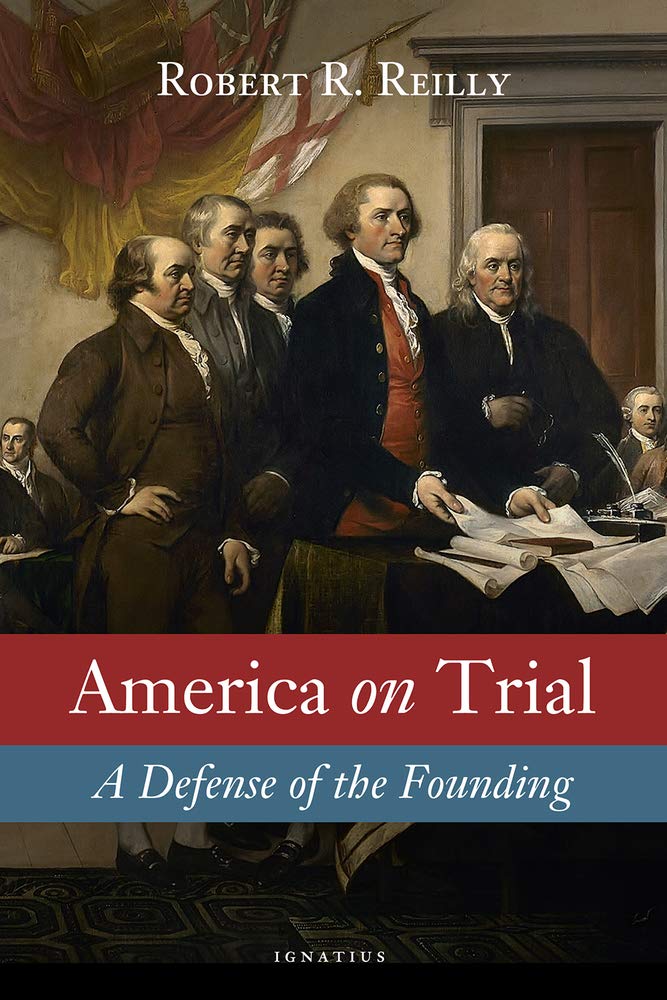If there is one truth that has been confirmed by the 1619 Project, it is that many American liberals and progressives have no particular attachment to the American Founding. This, however, is not new. One prominent early twentieth-century progressive, Woodrow Wilson, regarded constitutional order largely as a matter of historical contingency, and he viewed the Founding in that light. This much is evident from the future president’s address to the Jefferson Club of Los Angeles on May 12, 1911, during which Wilson told his audience, “If you want to understand the real Declaration of Independence, do not repeat the preface.”
Wilson’s difficulties with the Declaration’s preamble—with its unambiguously universalistic invocation of “the Laws of Nature and of Nature’s God,” and with its non-relativist insistence that “all men are created equal” and “endowed by their Creator with certain unalienable Rights”—were twofold. First, he understood that the stringent protections implied in such rights would obstruct the realization of his German-inspired administrative state and of rule by enlightened experts like himself. Second, Wilson’s historicist mindset made him view the Declaration’s claims as time-bound and of limited relevance to the here and now.
After World War II, most American conservatives placed the Founding at the center of their thought, not least because it delegitimized efforts by their opponents to detach liberty from the guidance of right reason and, many would add, from revelation. Over the past ten years, however, some conservatives have contended that modern liberalism’s gospel of autonomy and diversity over and against reason and truth represents the logical working out of that same Founding. They consequently do not believe that recourse to the Founding can save America from the nihilist implications of Justice Anthony Kennedy’s “mystery of life” passage in Planned Parenthood v. Casey. On the contrary, these statements are presented as the Founding’s fulfilment.
Such analyses have been given forceful expression by scholars like Patrick J. Deneen and Michael Hanby. Their arguments have been challenged, particularly for their genealogy of ideas. Is there a more or less direct link between aspects of John Locke’s thought, via James Madison’s Federalist 10, to Justice Kennedy’s jurisprudence? Does the trajectory run so straight—or exist at all?
In America on Trial: A Defense of the Founding, Robert R. Reilly has penned what is thus far the most systematic attempt to refute this Founding-skeptic narrative. Reilly does not deny that liberty has collapsed in many Americans’ minds into license. He nevertheless holds that this situation owes little to the Founding. For him, the Founding represents a powerful re-expression of a Western tradition far older than modern liberalism. Its lineage, Reilly says, stretches as far back as the Hebrew Bible and consequently articulates a very different understanding of human freedom.
